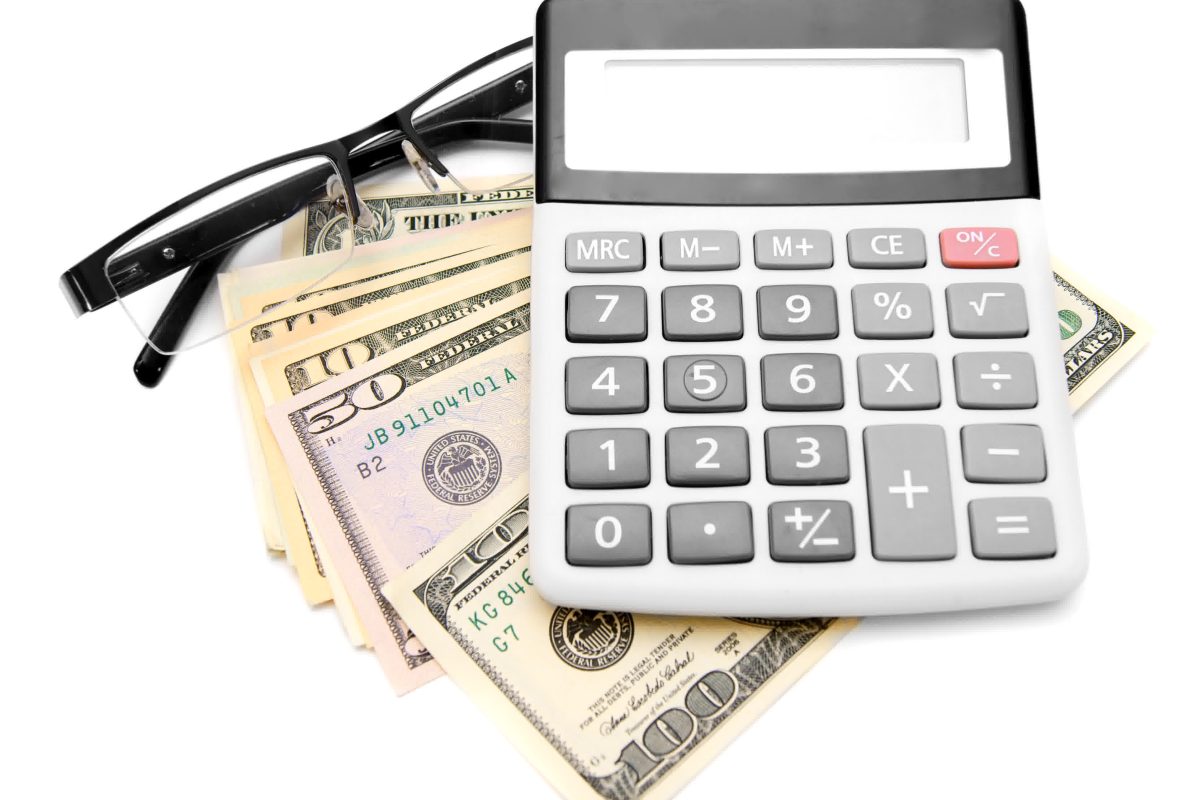Are you looking to save some cash fast? Good for you! It’s never too late to start taking control of your finances and building up your savings. Here are a few tips to help you get started on the right track.
First things first, it’s important to get a handle on where your money is going. Make a budget and track your spending for a few weeks to get a better understanding of what you’re spending your money on. This will help you identify areas where you can cut back.
Next, take a look at your non-essential expenses. Are there any subscription services that you’re not using or that you could live without? How about expensive meals out or regular coffee shop runs? These may seem like small expenses, but they can add up quickly. Consider cutting back on these types of expenses to save some cash.
You can also try finding ways to save on essential expenses, like your phone and internet bills. Check out different service providers to see if you can get a better rate. Negotiating with your current provider can also sometimes lead to lower rates.
If you’re looking to boost your income, consider taking on a part-time job or finding ways to earn some extra cash on the side. This could be anything from freelancing to selling items you no longer need on a site like eBay.
When you come into some extra money, like a bonus at work or a tax refund, put that cash into savings rather than spending it. And to make saving even easier, set up automatic transfers from your checking account to your savings account. That way, you can save without even thinking about it.
One last tip: shop around for the best prices. Look for sales and use coupons to save on your purchases. And try to avoid impulse buying by taking some time to think about whether you really need something before you buy it.
Saving money is all about finding a balance. It’s important to cut back on expenses where you can, but you also don’t want to deprive yourself of the things you enjoy. Just be mindful of your spending and make an effort to save where you can. With these tips in mind, you’ll be on your way to a healthier financial future in no time.
- Make a budget: This will help you see where your money is going and identify areas where you can cut back.
- Cut unnecessary expenses: Look for non-essential expenses that you can eliminate, such as subscription services or expensive meals out.
- Find ways to save on essential expenses: Consider switching to a cheaper cell phone plan or negotiating a lower rate with your internet provider.
- Boost your income: Consider taking on a part-time job or finding ways to earn extra money on the side.
- Save windfalls: If you receive a bonus at work or a tax refund, put that money into savings rather than spending it.
- Automate your savings: Set up automatic transfers from your checking account to your savings account so you can save without thinking about it.
- Shop around for the best prices: Look for sales and use coupons to save on your purchases.
- Avoid impulse purchases: Take some time to think about whether you really need something before you buy it.
Remember, it’s important to find a balance between saving and enjoying your life. Cutting back on expenses can be a good way to save money quickly, but it’s also important to make sure you are still able to live comfortably and do the things you enjoy.



